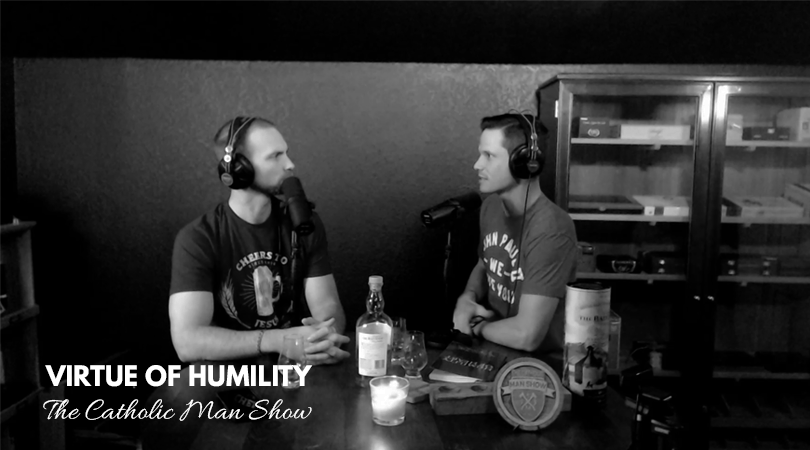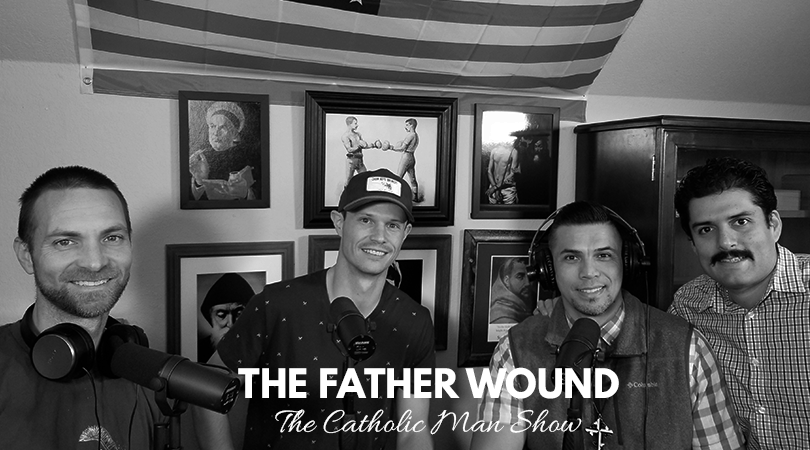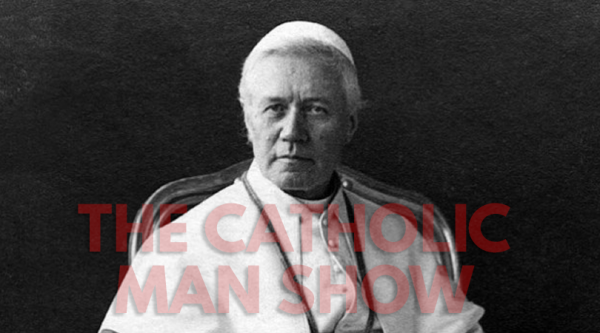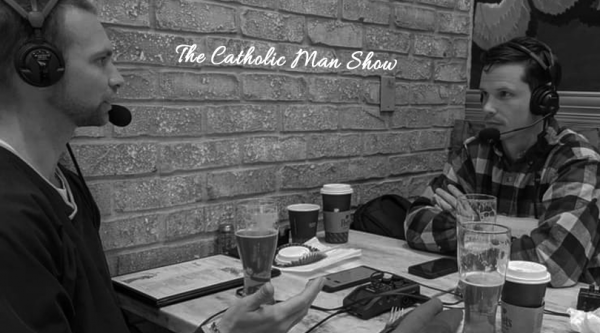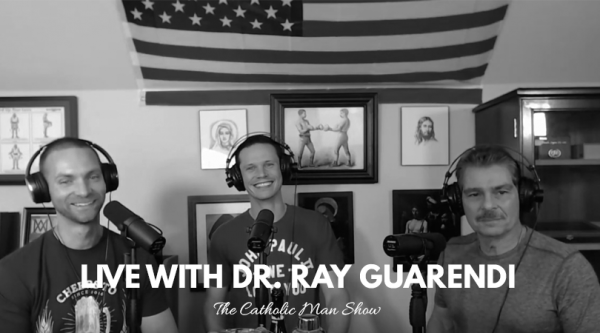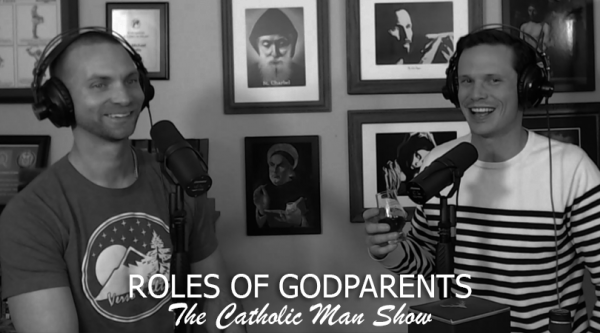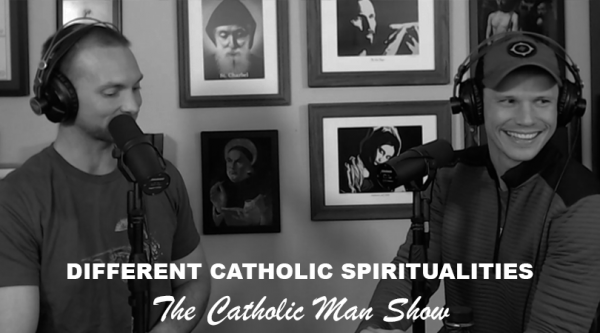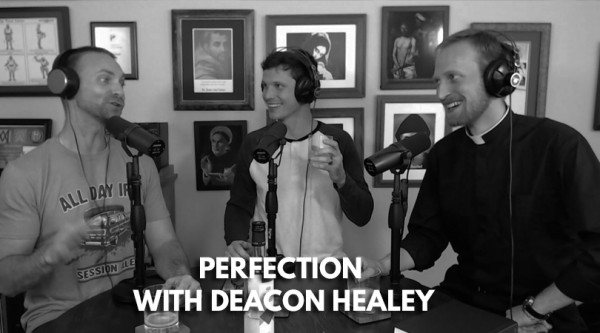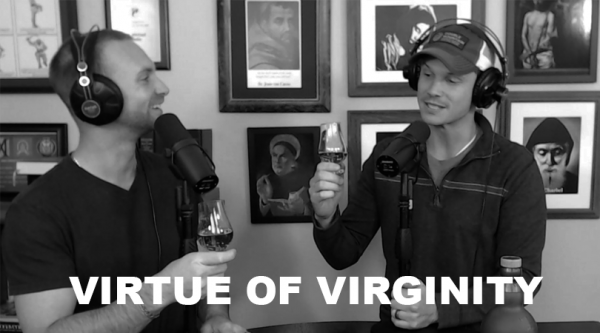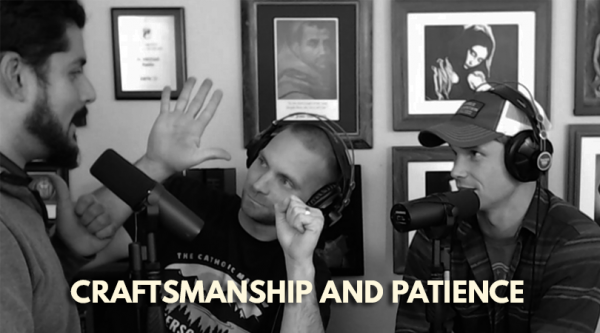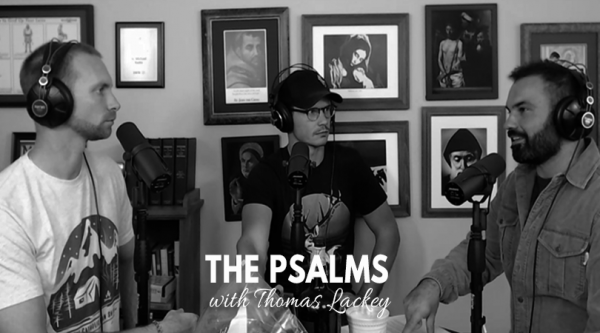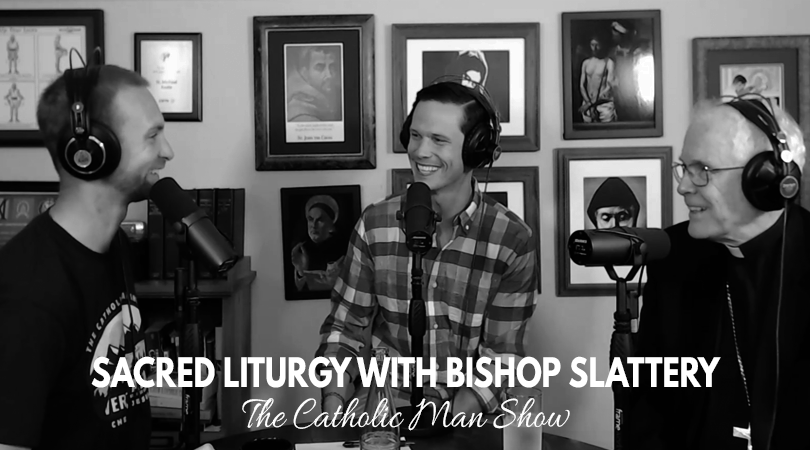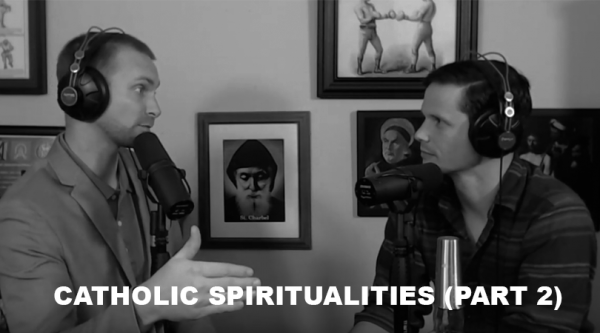
Carmelite, opus dei, salesian, and vincentian
If you enjoyed this episode of The Catholic Man Show on Catholic Spiritualities and are looking to protect your family from the dangers of the internet, go to Covenant Eyes and use promo code “Catholicman” for a 30-day free trial of keeping your family safe.
We are looking for a few men who are taking their faith seriously.
If you enjoyed this episode with our wives then join us on Patreon: Extra content, great thank you gifts, exclusive access to Adam and David, private FB page, and much more.
Become a Patron!
If you missed our first episode talking about Benedictine, Franciscan, Dominican, and Ignatian, you can check it out here.
Carmelite
Motto – Zelo zelatus sum pro Domino Deo exercituum – “With zeal have I been; zealous for the Lord; God of hosts”
Do you feel like the attachments of day-to-day life get in the way of your relationship with Christ? Do you feel called to live a life of asceticism? Do the writings of St. John of the Cross and St. Theresa of Avila speak to you in a special way?
Interior journey – search for God inside of oneself.
meditation on the word of God, liturgy, silence and solitude, and asceticism.
Carmelite spirituality proposes silence and solitude as necessary pre-requisites for prayer and contemplation.
Not only exterior silence but interior silence as well. This is why solitude is important
An emphasis in seeing suffering as part of God’s plan for our own sanctification
“Dark night”
Also St. Therese of Lisieux
Opus Dei
Motto – Opus Dei – the work of God
Officially the “Prelature of the Holy Cross”
Are you convinced that holiness is found in boardrooms and lunchrooms as well as chapels and churches? Consider the way of Opus Dei.
Founded in Spain in 1928 by St. Josemaria Escriva. The guiding principle behind the movement is that holiness is attainable by everyone, and ordinary life is the way to sanctity.
According to John Cloverdale, law professor at Seton Hall University and author of “Uncommon Faith, The Early Years of Opus Dei (1928-1943)”
Three points characterize Opus Dei:
First, a stress on integrating the secular into one’s spiritual life, rather than seeing everyday life as a problem to be overcome, it is part and parcel of where we are to sanctify ourselves.
“Second, an emphasis on work, understood broadly, as the whole range of activities, seen as a path to sanctity. [God] wants us to do it well and offer it to him. The first step is to do it and do it well.
“Third, a very strong stress on the reality of being sons and daughters of God that gives an optimistic and positive tone to love. God really does love us and is concerned about each of us.”
Salesian
Motto – Da mihi Animas cætera tolle – “Give me souls, take away the rest”
Are you a people person who experiences God most in acts of gentleness, compassion, and optimism?
The Salesians were founded by St. John Bosco is honor of St. Francis of DeSales.
Much like the Opus Dei, Salesian spirituality is one for the everyday life. A unique emphasis of the salesian spirituality is an outward disposition of humility, gentleness, civility, and optimism.
HUMILITY – living in self-truthfulness about who we are, both positive and negative
Humility leads us to GENTLENESS towards our neighbor. Because one is so aware of his or her own needs and weakness, one extends to another person similar understanding and compassion.
CIVILITY and RESPECT must mark the behavior of a truly “gentle” devout Christian.
Because we have a Savior, we are always OPTIMISTIC.
Vincentian
No motto associated with it, but the Missionaries of Charity are the most well know (at least in this country) and their motto is Caritas Christi Urget nos – The charity of Christ urges us
Do you feel an attraction to the corporal works of mercy? Especially works of service for the poor?
St. Vincent teaches us to see Christ in the poor and suffering, so much so that the poor become our Lords and Masters and we their servants. Vincentian spirituality is centered around this concept. Jesus said “Whatever you did for one of these least brothers of mine, you did for me.” (see Matthew 25: 34-40).
About our topic: Catholic Spiritualities




